BookTok: Is it Harmful?
A table at Barnes & Noble dedicated to #BookTok.
Gone are my days of desperate attempts to squeeze out book recommendations from classmates and teachers. So are my frequent visits to my local library to attend the monthly book club. None of that is necessary anymore. All I need to do is open an app: TikTok.
With the hashtag #BookTok amassing over 127.6 billion views, the app’s community of readers is a force capable of driving unknown books into staple best-sellers. Books like “The Song of Achilles,” Madeline Miller’s romance novel set in the context of the Iliad, are launched into stardom by videos of gushing readers.
Even in the bookstore world, BookTok has a surprising amount of influence. New York Times reports that Barnes & Nobles book sales increased by 14% in 2020, when BookTok’s rise first began. Today, many of their stores have tables dedicated to displaying TikTok-trending titles.
One of the “benefits” of BookTok recommendations is its highly specific categorization, allowing readers to easily find a book matching their exact tastes. Beyond the typical categorization by genre and author, the app further groups books by the emotions induced by the story and trope. However, this supposed “benefit” also brings a pitfall: the dreaded oversimplification of literature.
Specifically, one of the methods of categorization, “Trope-ification,” simplifies the overarching theme and storyline of books into single overused lines, “enemies to lovers” and “fake dating” being two of the more popular ones. The specificity of tropes, compared to that of simply providing a genre, promotes a singular reading void of interpretation. The act of reading is reduced from an exploration of various themes to a mere consumption of entertainment.
While entertainment-oriented reading is not necessarily unwelcome, issues arise when real-world concerns are oversimplified. Colleen Hoover’s book “It Ends With Us,” which shot to number one on the New York Times bestseller list thanks to BookTok, deals with the theme of domestic violence. A problem arises in the attitude assumed by the audience, primarily teenage girls and young women: BookTok videos encourage the romanticization of the toxic relationship between the characters Ryle and Lily. With only a surface level understanding of the book, readers leave with a view that can ultimately translate to the normalization of toxic relationships in reality.
“It Ends With Us,” along with the majority of other books promoted on BookTok may be works of fiction, but the ideas conveyed in the stories permeate into daily life. “Trope-ification” robs readers of deeper analysis of books, leaving them with superficial experiences. And when half-finished, glossed-over ideas influence peoples’ outlooks on life, the results can be harmful.

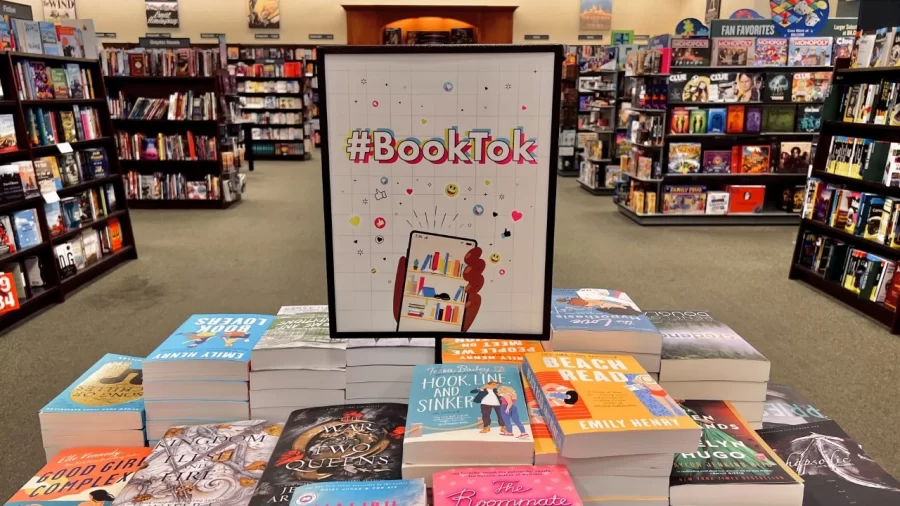
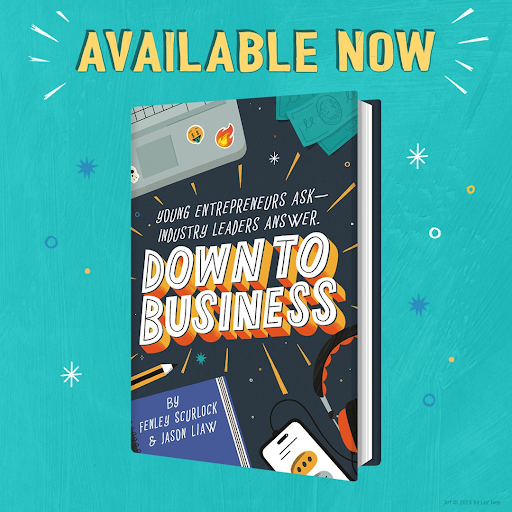
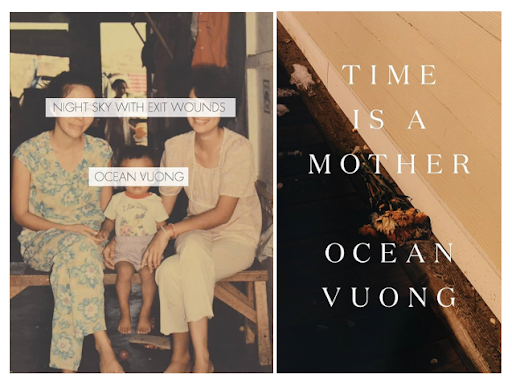
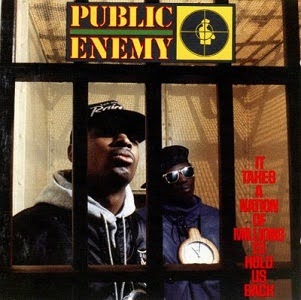

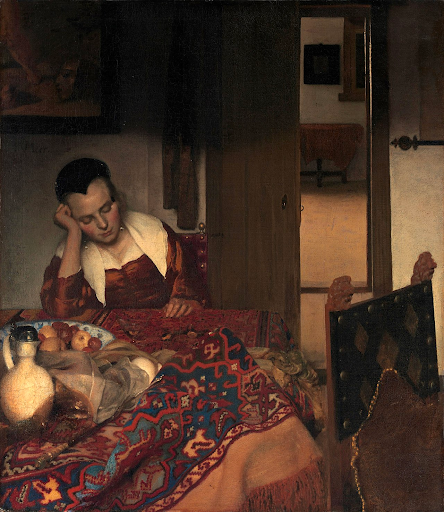
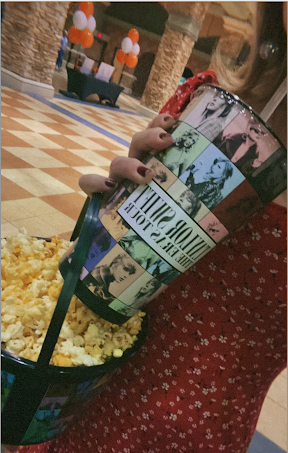
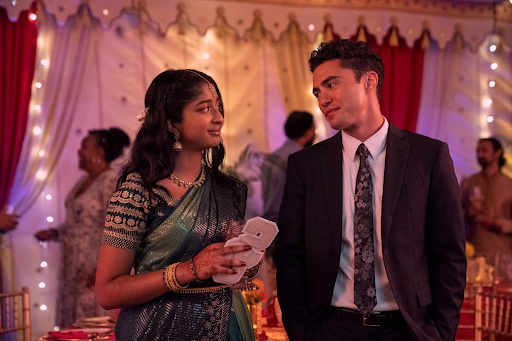
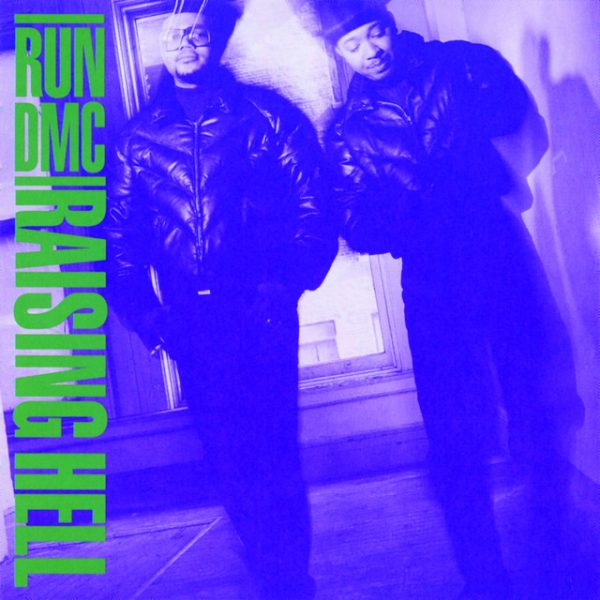


Carey Walthers • May 8, 2023 at 4:13 pm
I’ve often just looked at TikTok with the privacy-related lens, but the bubble it forms about users hasn’t really come to mind before. However, I think you are very right that it can give a superficial and limited view of the world of books to users that might not always be healthy!